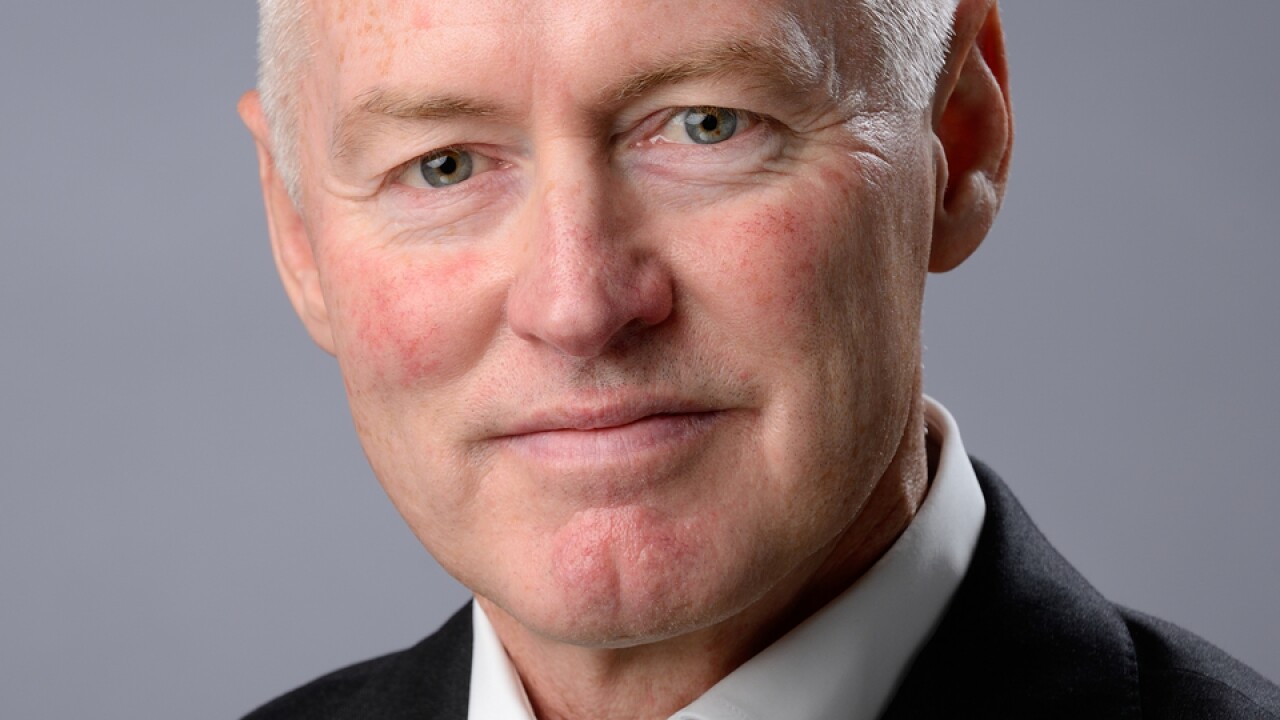WASHINGTON — Federal Reserve Chairman Ben Bernanke Tuesday night forcefully voiced his agreement with his likely successor, Vice Chair Janet Yellen, that monetary policy can only return to normal if the central bank does all it can now to ensure "a more robust recovery."
In remarks prepared for delivery at the National Economists Club annual dinner, Bernanke argued that a "strong majority" of the policymaking Federal Open Market Committee believe the Fed's asset purchases and forward guidance regarding interest rates are aiding the recovery, adding that interest rates will likely remain near zero "well after" the FOMC's 6.5% unemployment threshold is crossed.
And what about when the group is likely to begin dialing back its $85 billion a month in bond purchases? "The FOMC still expects that labor market conditions will continue to improve and that inflation will move toward the 2% objective over the medium term," Bernanke said.
"If these views are supported by incoming information, the FOMC will likely begin to moderate the pace of purchases," he continued.
The Fed chief again stressed, however, that asset purchases are not on a "preset course," and that the FOMC's decisions about the pace of asset buys will remain contingent on their economic outlook, not to mention the likely efficacy and costs of the program.
"In coming meetings, in evaluating the outlook for the labor market, we will continue to consider both the cumulative progress since September 2012 and the prospect for continued gains," he said.
While stressing that the FOMC does not view asset purchases and the thresholds forward guidance as "equivalent," Bernanke provided some insight into reasons for the Fed's ultra-cautious handling of this "less familiar tool."
"Though a strong majority of FOMC members believes that both the forward rate guidance and the LSAPs are helping to support the recovery, we are somewhat less certain about the magnitudes of the effects on financial conditions and the economy of changes in the pace of purchases or in the accumulated stock of assets on the Fed's balance sheet," he said.
For now, just like his number two indicated in her nomination hearing before the Senate Banking Committee last week, Bernanke said, "I agree with the sentiment, expressed by my colleague Janet Yellen at her testimony last week, that the surest path to a more normal approach to monetary policy is to do all we can today to promote a more robust recovery."
In a speech that stressed the importance of shaping public expectations of future policy to boost current monetary policy's effectiveness, Bernanke added that the FOMC "remains committed to maintaining highly accommodative policies for as long as they are needed."
To underline this, the chairman said when the Fed's asset purchases do slow, "it will likely be because the economy has progressed sufficiently for the Committee to rely more heavily on its rate policies, the associated forward guidance, and its substantial continued holdings of securities to maintain progress toward maximum employment and to achieve price stability."
In particular, Bernanke predicted that the target for the federal funds rate is likely to remain near zero "for a considerable time after the asset purchases end, perhaps well after the unemployment threshold is crossed and at least until the preponderance of the data supports the beginning of the removal of policy accommodation."
The FOMC can be patient after the unemployment rate drops past its threshold so long as inflation remains "well behaved," allowing it time to confirm that "the labor market is sufficiently strong before considering any increase in its target for the federal funds rate."
And just as Yellen did in her appearance on the Hill, Bernanke also sought to dampen any expectations that the Fed will buy asset indefinitely, noting that "one might expect the tradeoff between the efficacy and costs of this tool to become less favorable as the Federal Reserve's balance sheet expands."
For now, however, Bernanke indicated that he, and the FOMC, remain of the opinion that the costs are not enough to deter the Fed from its efforts to spur faster economic growth.
"Elevated unemployment, below-target inflation, lingering economic fragility, and the harmful effects of long-term unemployment on our society and economic potential also pose significant costs and risks, and the Committee has, thus far, judged that the balance favors the use of LSAPs," he said.
Market News International is a real-time global news service for fixed-income and foreign exchange market professionals. See





